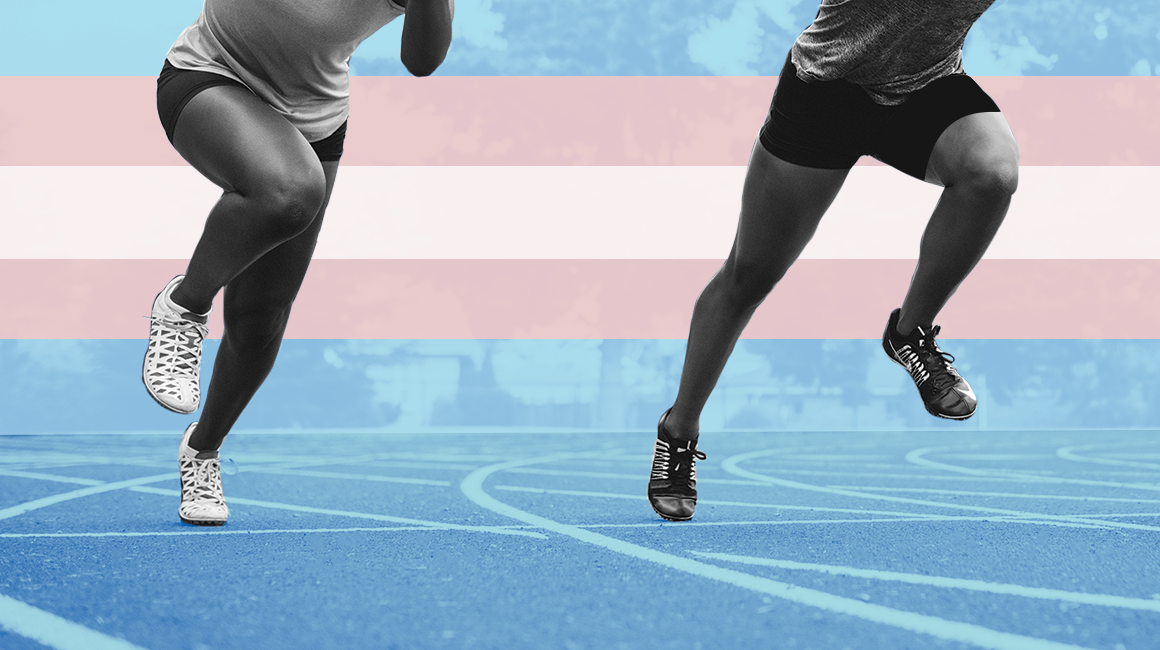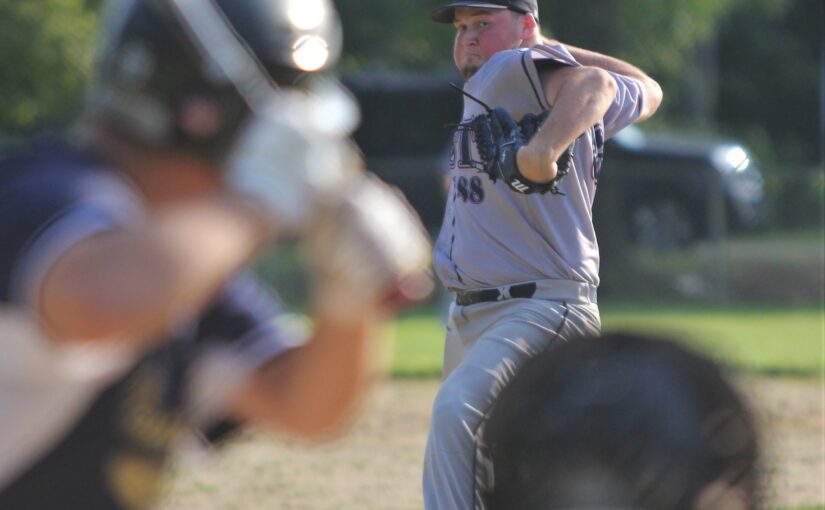Poll Says 30% of Americans Believe Transgender Women Should Play Female Sports
June 16, 2022 / Athletic Administration • Coaching
According to a new poll from the Washington Post and the University of Maryland, roughly three in 10 Americans believe transgender women and girls should be allowed to participate in female sports.
This comes a week after Louisiana became the 18th state to pass a transgender athlete ban.
 Below are a few key points from the Washington Post/University of Maryland poll.
Below are a few key points from the Washington Post/University of Maryland poll.
- The poll—which surveyed 1,503 people across the country between May 4 through 17—found that 55% of Americans don’t believe transgender women and girls should be allowed to compete in high school sports.
- Almost 60% of those surveyed opposed transgender women and girls’ participation in college and professional sports.
- Americans were less likely to oppose transgender women and girls’ participation in youth sports, with about a third of those surveyed saying transgender women and girls should be allowed to compete. In contrast, 17% said they did not have an opinion.
- The poll comes three months after Lia Thomas became the first known transgender athlete to win an NCAA swimming championship, sparking a renewed debate about transgender women’s participation in sports.
- About 5% of Americans ages 18 to 29 identify as transgender or nonbinary, a Pew Research Center survey released last week found, the largest out of any age group. Some 1.6% of respondents 30 to 45 said they identified as transgender or nonbinary and 0.3% of respondents 50 or over.
» ALSO SEE: George Washington University Discontinues Colonials Moniker
- More than two-thirds of Americans, 68 percent, say that transgender girls would have a competitive advantage over other girls if they were allowed to compete with them in youth sports; 30 percent say neither would have an advantage, while 2 percent say other girls would have an advantage.
- 52% say they are “very” or “somewhat” concerned that transgender girls’ mental health will suffer if they are not allowed to compete with other girls in youth sports; 48 percent are “not too” or “not at all” concerned about this.
To read the full story from The Washington Post, click here.






